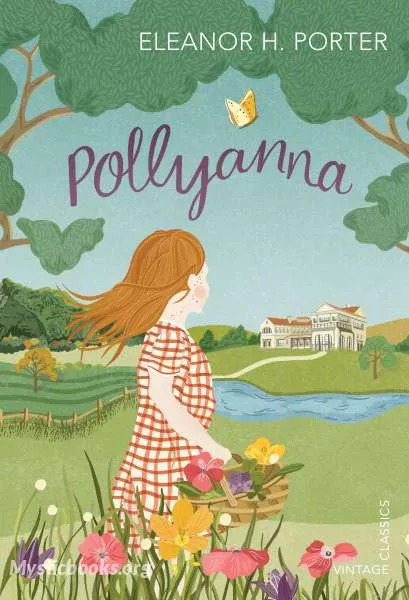
Pollyanna
'Pollyanna' Summary
The title character is Pollyanna Whittier, an eleven-year-old orphan who goes to live in the fictional town of Beldingsville, Vermont, with her wealthy but stern and cold spinster Aunt Polly, who does not want to take in Pollyanna but feels it is her duty to her late sister. Pollyanna's philosophy of life centers on what she calls "The Glad Game," an optimistic and positive attitude she learned from her father. The game consists of finding something to be glad about in every situation, no matter how bleak it may be. It originated in an incident one Christmas when Pollyanna, who was hoping for a doll in the missionary barrel, found only a pair of crutches inside. Making the game up on the spot, Pollyanna's father taught her to look at the good side of things—in this case, to be glad about the crutches because she did not need to use them.
With this philosophy, and her own sunny personality and sincere, sympathetic soul, Pollyanna brings so much gladness to her aunt's dispirited New England town that she transforms it into a pleasant place to live. The Glad Game shields her from her aunt's stern attitude: when Aunt Polly puts her in a stuffy attic room without carpets or pictures, she exults at the beautiful view from the high window; when she tries to "punish" her niece for being late to dinner by sentencing her to a meal of bread and milk in the kitchen with the servant Nancy, Pollyanna thanks her rapturously because she likes bread and milk, and she likes Nancy.
Soon Pollyanna teaches some of Beldingsville's most troubled inhabitants to "play the game" as well, from a querulous invalid named Mrs. Snow to a miserly bachelor, Mr. Pendleton, who lives all alone in a cluttered mansion. Aunt Polly, too—finding herself helpless before Pollyanna's buoyant refusal to be downcast—gradually begins to thaw, although she resists the Glad Game longer than anyone else.
Eventually, however, even Pollyanna's robust optimism is put to the test when she is struck by a car and loses the use of her legs. At first she does not realize the seriousness of her situation, but her spirits plummet when she is told what happened to her. After that, she lies in bed, unable to find anything to be glad about. Then the townspeople begin calling at Aunt Polly's house, eager to let Pollyanna know how much her encouragement has improved their lives; and Pollyanna decides she can still be glad that she at least has had her legs. The novel ends with Aunt Polly marrying her former lover Dr. Chilton and Pollyanna being sent to a hospital where she learns to walk again and is able to appreciate the use of her legs far more as a result of being temporarily disabled and unable to walk well.
Book Details
Language
EnglishOriginal Language
EnglishPublished In
1913Genre/Category
Tags/Keywords
Authors
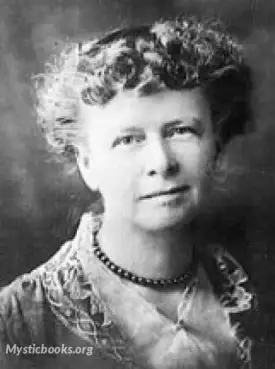
Eleanor H. Porter
United States
Eleanor Emily Hodgman Porter (December 19, 1868 – May 21, 1920) was an American novelist, most known for Pollyanna (1913) and Just David (1916). Porter wrote mainly children's literature, adven...
Books by Eleanor H. PorterDownload eBooks
Listen/Download Audiobook
Related books

Modern Prophets and Other Sketches by Pansy (Isabella Macdonald Alden)
Modern Prophets and Other Sketches is a collection of short stories and sketches that explore the issue of temperance and prohibition. Each story take...
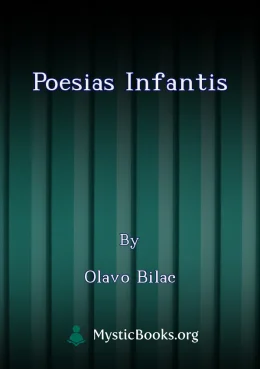
Poesias Infantis by Olavo Bilac
Esta é uma coletânea de poemas infantis do escritor brasileiro Olavo Bilac. Os poemas são lidos em português por uma criança brasileira e abordam tema...
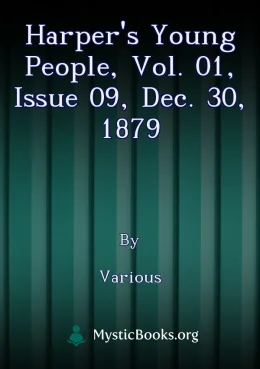
Harper's Young People, Vol. 01, Issue 09, Dec. 30, 1879 by Various
Harper's Young People was a weekly publication aimed at children, launched in 1879. This specific issue, the ninth, was published on December 30, 1879...
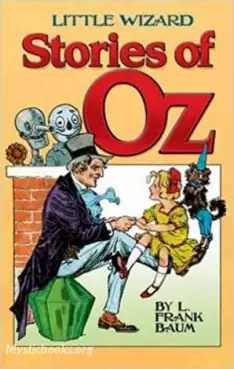
Little Wizard Stories of Oz by L. Frank Baum
Little Wizard Stories of Oz is a set of six short stories written for young children by L. Frank Baum, the creator of the Oz books. The six tales were...

Hans Christian Andersen: Fairytales and Short Stories Volume 5, 1860 to 1865 by Hans Christian Andersen
This volume contains a collection of Hans Christian Andersen's works written between 1860 and 1865. Known for his captivating fairy tales, Andersen we...
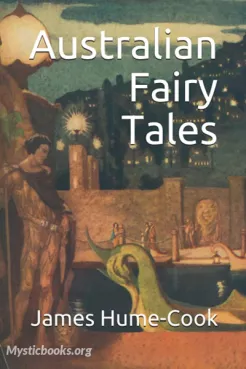
Australian Fairy Tales by James Hume-Cook
It is a captivating collection of enchanting stories that will the readers into the magical world of Australian folklore. This book weaves together a...

Tolstoi for the Young: Selected tales from Tolstoi by Leo Tolstoy
'Tolstoy for the Young' presents a curated selection of Leo Tolstoy's short stories, meticulously chosen for their suitability in a scholastic setting...
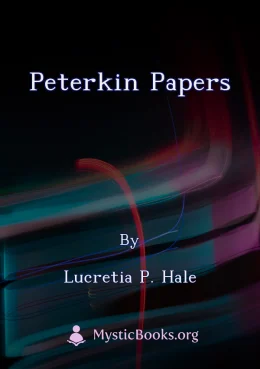
Peterkin Papers by Lucretia P. Hale
The Peterkins were a lovable but comically inept family that possess ingenuity, logic, resourcefulness, and energy--but not common sense. The general...
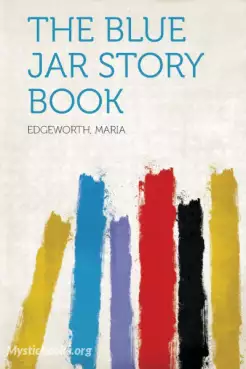
The Blue Jar Story Book by Maria Edgeworth
This is a collection of 6 delightful stories about children by some of the best authors of the period: Charles Lamb, Mary Lamb, Maria Edgeworth and Al...

Froschmäusekrieg by Various
The *Froschmäusekrieg* is a playful parody of the Homeric epics, portraying a humorous and bloody war between the frogs and mice. This short epic, onc...
Reviews for Pollyanna
No reviews posted or approved, yet...